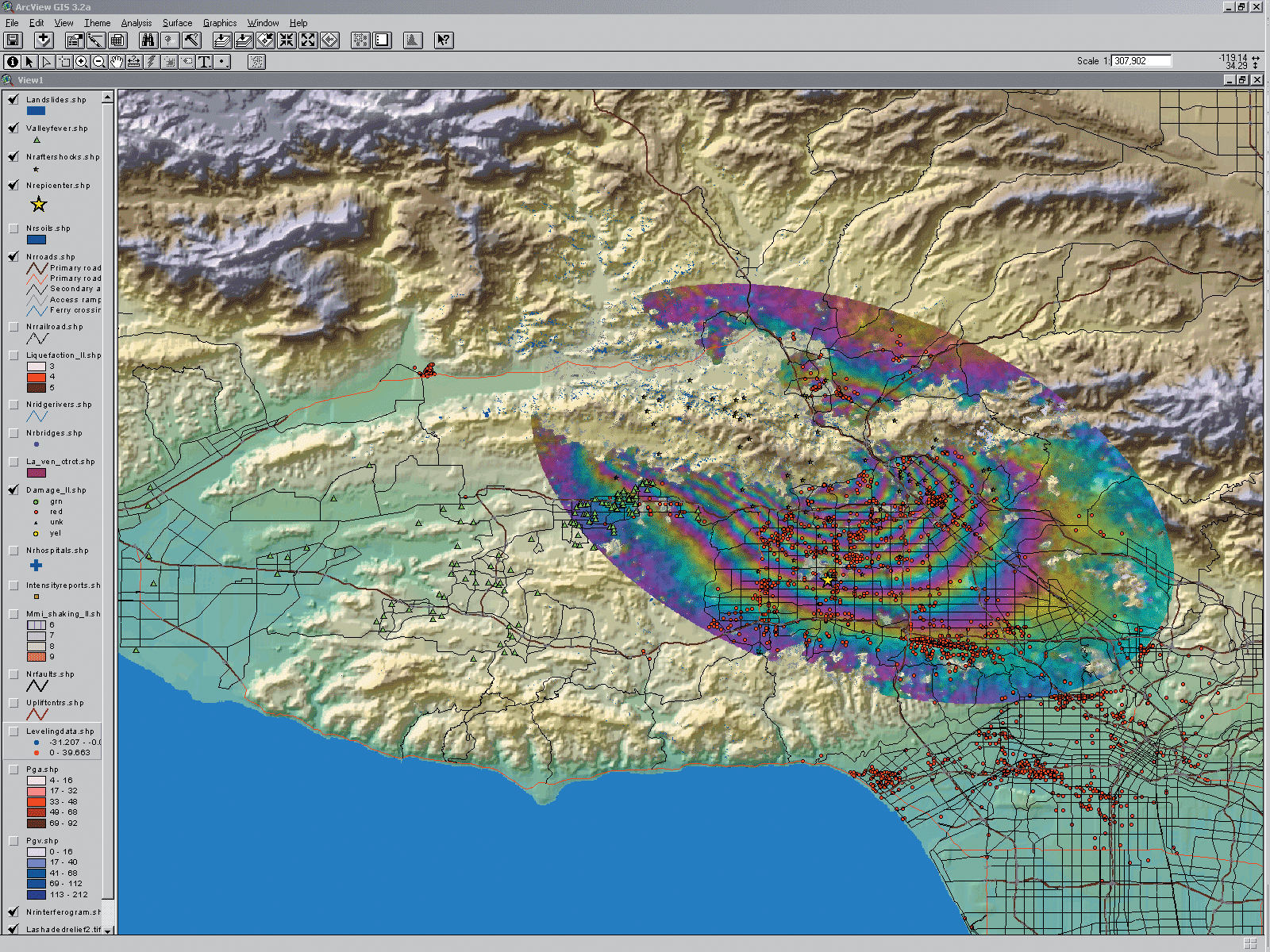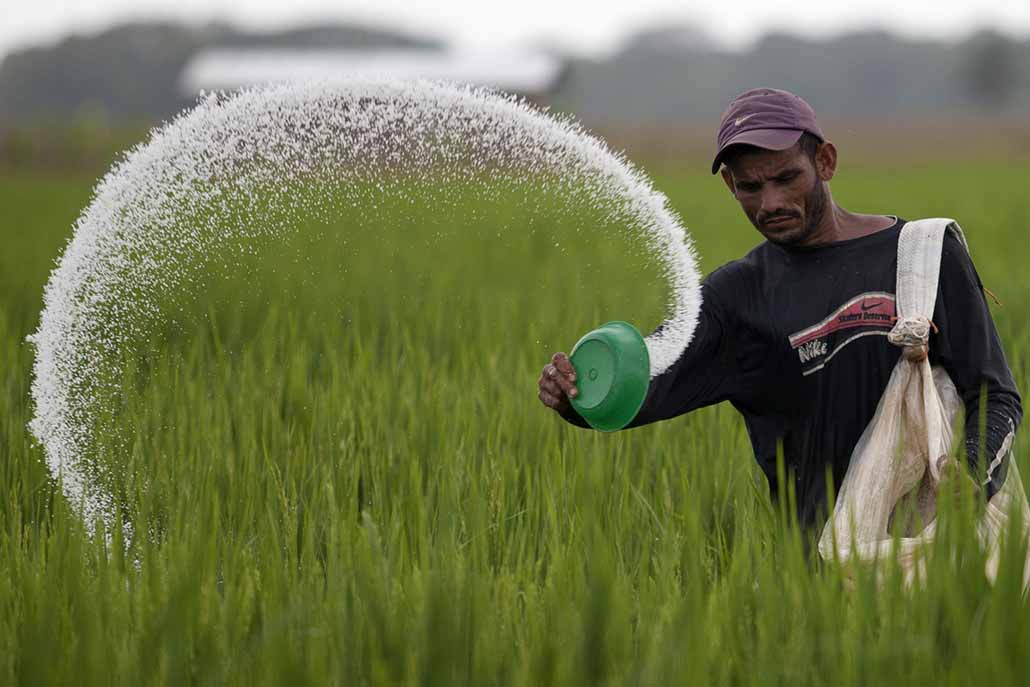Economic Benefits of the Wonderbag Cooking Technology
Place: South Africa • Date: 2005 • Partner: Wonderbag
Project Summary
The Wonderbag is an energy efficient cooking utensil designed for use with a broad spectrum of stove and other food preparation technologies. By insulating food containers have that have been pre-heated by conventional means, the Wonderbag extends the cooking process without the need for continued energy use or human supervision. Laboratory studies have demonstrated significant potential for a variety of benefits, including reduced energy use, labor saving, and a range of indirect health and environmental benefits.
To statistically ascertain Wonderbag’s benefits in real world application, we conducted a detailed household survey in a Durban, South Africa, residential area where low-income households have been using Wonderbag for up to two years. Based on a sample of about 4000 households, we have econometrically validated three cardinal economic benefits of this technology:
1. Savings of cooking time per household member (8-21%)
2. Savings of money spent on fuel (10-36%)
3. Higher food spending per household member (36-60%)
This study could be extended in a variety of directions, measuring similar impacts in other communities and examining other impact in the sample community. For the present, however, our results demonstrate empirically that Wonderbag can confer significant economic benefits on low-income communities and these benefits should support voluntary adoption with more determined promotion. Promotion schemes can also increase the per household benefits, bringing them closer to their potential and liberating more financial and labor resources to improve consumption and livelihoods among the poor.
Most Recent Entries

Low Carbon Biomass Conversion in the Sierra Nevada







